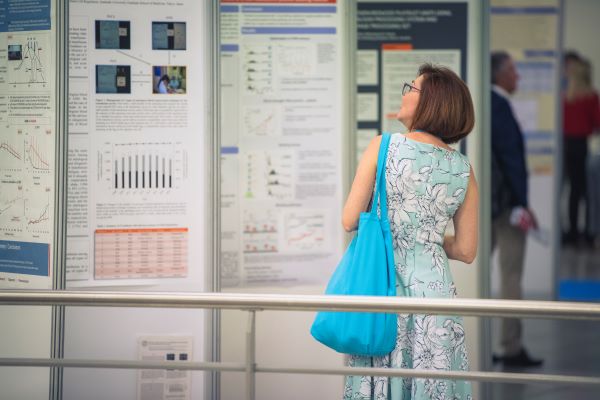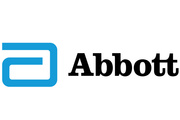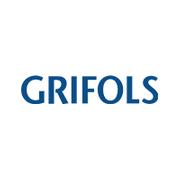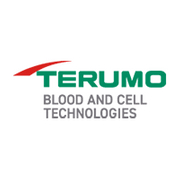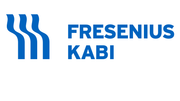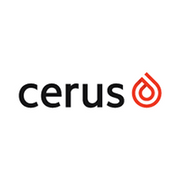Abstract information
Send your poster directly to ISBT Milan
Through PosterSessionOnline you can arrange to have your poster printed and shipped to ISBT Milan, where they can be picked up from the Poster Help Desk.
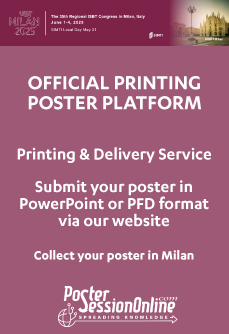
Abstract topics for ISBT Milan
Abstracts for the Submitted Program will be accepted into the following topics:
1. Management and organisation
1.1 Organisational issues
1.2 Cost/effectiveness
1.3 Training and education
1.4 Risk models, standards and regulation
1.5 Blood supply management and utilization
1.6 Quality management
1.7 Social, legal, ethics blood donation and transfusion
2. Blood donation
2.1 Blood donor recruitment and retention
2.2 Blood donor health
2.3 Blood collection including apheresis
2.4 Donor adverse events
2.5 Blood donor biorepositories and public health research
3. Blood products / components
3.1 Blood processing, storage and release
3.2 Blood components
3.3 Plasma derived products
3.4 Pathogen inactivation
3.5 Novel blood products/components
4. Transfusion transmitted infections
4.1 Screening strategies for TTI
4.2 Hepatitis B (HBV)
4.3 Hepatitis C (HCV)
4.4 HIV
4.5 Bacteria
4.6 Parasites
4.7 Newly emerging pathogens and other transfusion related pathogens
5. Immunohaematology
5.1 Red cell immunohaematology: serology
5.2 Red cell immunohaematology: molecular
5.3 Platelet and granulocyte: serology
5.4 Platelet and granulocyte: molecular
5.5 Haemolytic disease of the Fetus and Newborn (HDFN)
5.6 Rare Donors
6. Clinical Transfusion
6.1 Neonatal and pediatric transfusion
6.2 Therapeutic apheresis
6.3 Evidence based transfusion medicine practice
6.4 Haemorrhage and massive transfusion
6.5 Adverse events, including TRALI
6.6 Haemovigilance and patient safety
6.7 Alternatives to blood transfusion
6.8 Patient Blood Management (PBM)
6.9 Clinical / laboratory interface - Transfusion Practitioner (TP) initiatives
7. Cellular therapies
7.1 Stem cell and tissue banking, including cord blood
7.2 Collection, processing, storage and release
7.3 Clinical applications
7.4.1 HLA in transfusion medicine
7.5 Histocompatibility in transplantation
8. Immunobiology and Basic Transfusion Biology
8.1 Mechanisms of Immune Responses to Red Blood Cells and Platelets
8.2 Pathophysiology of Pulmonary Transfusion Reactions
8.3 Mechanisms of the Blood Storage Lesion
8.4 Role of RBCs in hemostasis; metabolism
8.5 Immunobiology and Pathophysiology of Hematological Disorders
8.6 Mechanisms of infectious complications
8.7 Novel experimental models
9. Data Science in Transfusion Medicine
9.2 Vein to vein registries - use of big data - epidemiology
9.3 Use of Machine Learning or Artificial Intelligence
Harold Gunson Fellowship
Abstract authors who meet the criteria below are also invited to apply for the Harold Gunson Fellowship ahead of ISBT congresses.
Eligibility
All young investigators 40 years or younger are eligible for the award no matter which country they are working in. Those from very high and upper middle World Bank Index (WBI) countries may only receive the award once and those from lower middle and low WBI countries twice.
Please note that in order to apply for the fellowship, you must:
- Be 40 years old or under at the date of the first day of the congress.
- Be the first submitting and presenting author of an abstract that has been accepted for the scientific programme.
- Be able to present your abstract in English.
Harold Gunson applications have now closed. You will hear whether you have been successful from March 7 onwards.
Application procedure
Documents to submit
Applicants must fill in the below online application form and submit the following documents:
- A brief biography which must include an outline of the applicants current position and work and is countersigned by their employer or line manager.
- A statement of motivation for applying for the Fellowship.
- A copy of the photo page of their passport.
Selection
Selection will be based upon the abstract score on review, geographical location and the statement of motivation.
Benefits and expectations for successful applicants
All successful applicants will receive complimentary registration to the congress. Transportation and accommodation will also be covered by ISBT.
They will be expected to write a brief report on what learning points they will take back to their laboratory/clinic according to a template provided by the ISBT Scientific Officer and may also be requested to submit a short report to ISBT’s quarterly bulletin, Transfusion Today.

